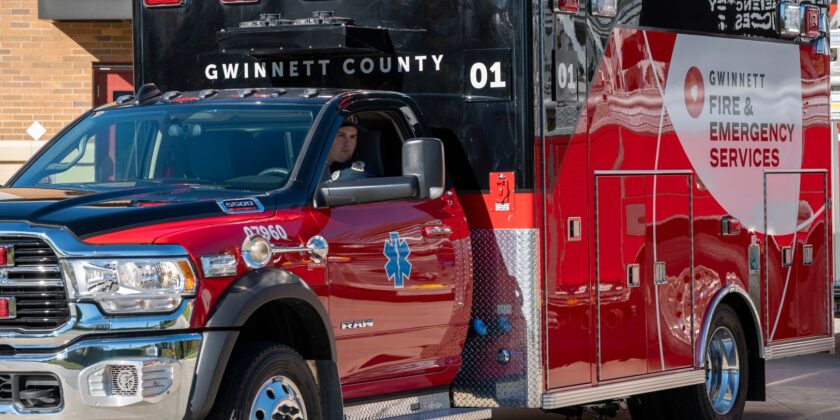Christmas Tree — Safety Tips
A dry or crowded Christmas tree can become dangerous fast. Take two minutes today to complete this tree-specific safety check: • Water your real tree daily. Dry needles ignite in seconds.• Give your tree space. Keep it 3 feet away from heaters, fireplaces, and heat vents.• Check stability. Make sure the stand is tight, and the tree won’t tip over.• Keep exits and walkways clear. Gifts and décor shouldn’t block your path out.• Sweep fallen needles. They burn quickly and can pile up near heat sources. A safe tree is the heart of a safe holiday home. Like this post if you completed today’s…











